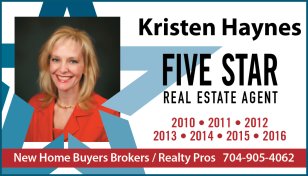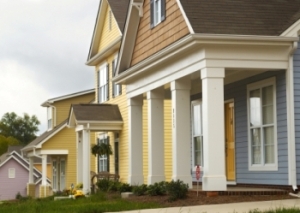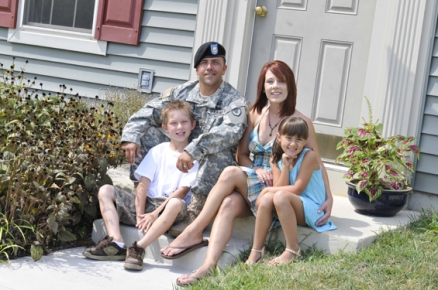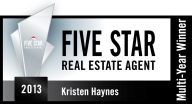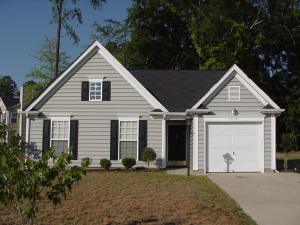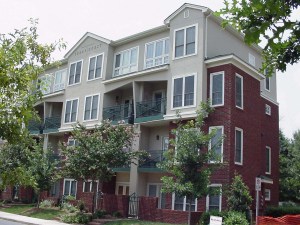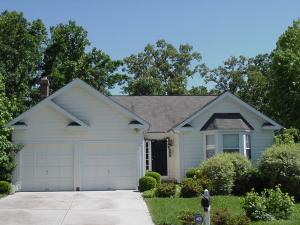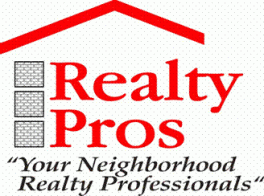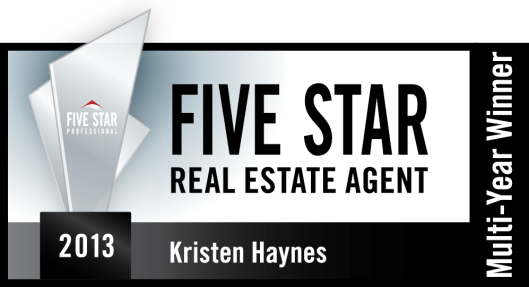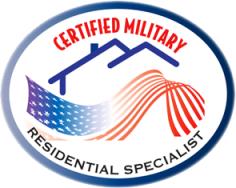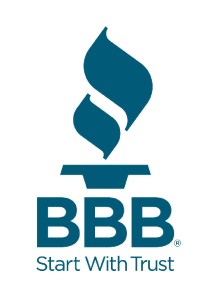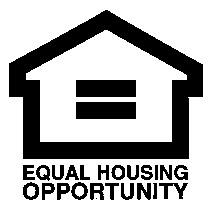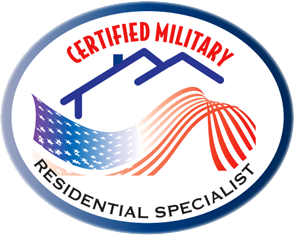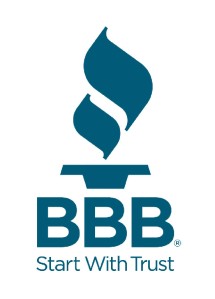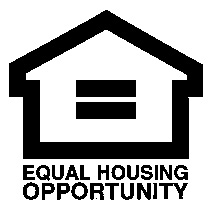FREE DOWN PAYMENT ASSISTANCE PROGRAMS ARE NOW AVAILABLE IN NORTH CAROLINA FOR QUALIFIED HOME BUYERS!

If your income or the need for down payment assistance has kept you out of the housing market, our home buyer programs can give you the boost you need to own a piece of the “American Dream”!
If you need help with the down payment and closing costs, you may qualify for interest-free, deferred, forgivable second mortgages up to 3% of your down payment or other benefits by using a Qualified Realtor / Broker and Lender, or other assistance programs!
Our Real Estate firm, New Home Buyers Brokers and Realty Pros is one of the qualified Brokers in North Carolina who has the knowledge and experience to help you get FREE Down Payment Assistance to stop throwing your money way in rent and to help you buy the home of your dreams! To see if you qualify for one of the programs, call: Kristen Haynes, Broker In Charge, GC, CMRS at New Home Buyers Brokers: 704-905-4062 (Direct) or 1-877-372-2252 (Toll Free).
 ”Helping You Find Your Way HOME”!
”Helping You Find Your Way HOME”!
www.NewHomesNC-SC.com or khaynes@newhomesnc-sc.com
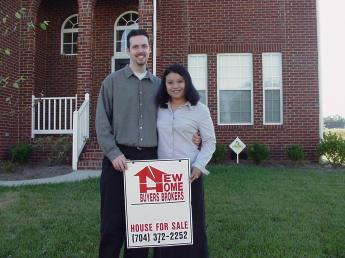
Here are some of the available programs that you may qualify for:
- The N.C. Home Advantage Mortgage™ offers competitive interest rates along with down payment assistance and reduced PMI rates to save you money on your mortgage payment every month, on top of the down payment, which is up to 3% of the mortgage loan amount for FHA borrowers (which normally will cover almost all of the required down payment), and 2% for Conventional borrowers. This down payment is fully forgiven after 15 years. This can be combined with the Mortgage Credit Certificate, for a “double home buyer bonus”!
- The Mortgage Credit Certificate (MCC) enables first-time buyers to save up to $2,000 a year on their federal taxes.
- For both first-time and move-up home buyers, the NC Home Advantage Mortgage™ provides qualified individuals with stable, fixed-rate mortgages and down payment assistance up to 5% of the loan amount. Even better, repayment of the down payment is required only if you sell, refinance or transfer your home before year 15—the down payment assistance is forgiven at 20% per year after 10 years in the home.
As an added bonus, if you are a first-time buyer or a military veteran, you may also be eligible to combine this program with aMortgage Credit Certificate (MCC) to increase your savings even more! We offer these products statewide through participating lenders.
- The House Charlotte Program provides 10-year, deferred, forgivable loans to qualified Funds can be used to cover your down payment, closing costs, as well as for interest rate buy downs.
- NACA provides credit counseling services, home ownership classes and grants for those who qualify.
- The Good Neighbor Next Door Program is a federal housing program administered by HUD, for Police Officers, Firefighters, EMTs, and K-12 Teachers that offers up to a 50 % discount on the appraisal value of homes in specially designated “revitalization areas”, as well as “One Hundred Dollar Down” homes that qualify for FHA financing.
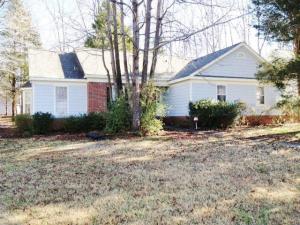
The N.C. Home Advantage Mortgage™
Available with 30-year, fixed rate FHA, VA, USDA and conventional mortgages, the N.C. Home Advantage Mortgage™ is a perfect match for buyers looking for safe, affordable financing. The mortgages offer competitive interest rates, lower PMI and MIP mortgage insurance rates (saving you more in your mortgage payment every month in MIP and PMI fees), AS WELL AS the FREE down payment assistance. These programs can be STACKED with other assistance programs for eligible borrowers (Charlotte Housing Partnership or NACA funds, VA loans, or other programs and grants available statewide in North Carolina.
Repayment is required only if you sell, refinance or transfer the home before year 15 of the loan – the down payment assistance is forgiven at 20% per year after you live in the home for 10 years, and fully forgiven at 15 years.
For more information on the Home Advantage Mortgage, click here: http://www.nchfa.com/home-buyers/interest-rates
Am I Eligible For The NC Home Advantage Mortgage With Down Payment Assistance?
You may be eligible for an N.C. Home Advantage Mortgage™ if:
- you are buying a new or existing home;

- you are a first-time OR a move-up buyer;
- you buy a home in North Carolina and occupy it within 60 days of closing (this is not for investors who will not occupy the residence as their principal home;
- you don’t exceed the income limits for the person on the loan (not the entire household, as in MCC);
- you are applying for a FHA, USDA, VA or conventional loan through a Participating Lender and meet the sales price limits of the loan type;
- you are a legal resident of the United States, and;
- your credit score meets the basic requirements for the program.
- If you choose an FHA, VA, or USDA loan, you will get 3 % towards your down payment. With conventional loans, you will receive 2 % towards your down payment.
- The down payment can be “stacked” with other federal and state programs and with additional seller concessions towards closing costs, if you qualify, Seller concessions are limited to 3 % with Conventional loans, and up to 6 % with FHA loans.
- Click the link below to see if you qualify via the income limits in your area: http://www.nchfa.com/home-buyers/income-limits
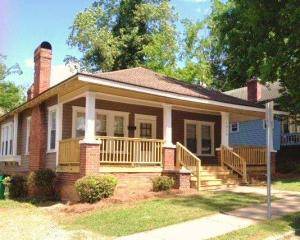
What Properties Are Eligible For This Free ‘Down Payment Assistance’ Program?
- New and previously owned single family homes
- Townhouses
- Condominiums*
- Duplexes*
- Manufactured Homes (only new, never occupied, doublewide or greater manufactured homes on permanent foundations)*
*These property types are only available for FHA, VA and USDA loans, not conventional loans.
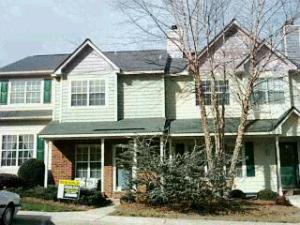
The Mortgage Credit Certificate (MCC)
If you are a first-time buyer and meet certain income and sales price limits, you may be eligible for a Mortgage Credit Certificate (MCC) worth up to $2,000 a year in tax savings. This federal tax credit can lower your income-tax liability, dollar-for-dollar, leaving you more money to use toward your mortgage. If you qualify, you will be able to claim 30% of the interest you pay on your mortgage if you purchase an existing home or 50% of the interest for a new home (never occupied) – up to $2,000 for every year you live in your home – as a tax credit on your federal income taxes.
MCCs can be combined with the N.C. Home Advantage Mortgage™ and other “stacked, eligible programs”, increasing the savings on your new home – as well as with any other qualifying lender mortgage program, including some adjustable rate mortgages.
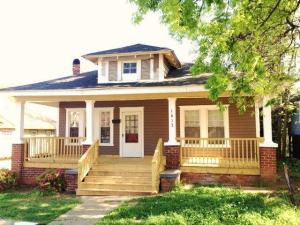
How Does The MCC program work?
Suppose you qualify for an MCC and obtain a 30-year, 4% fixed-rate mortgage of $97,000 for the purchase of an existing home (not new construction). The first year’s interest payment is approximately $3,880. The MCC allows you to take a federal income tax credit of $1,164 ($3,880 x 30%) for that year.
If your federal income tax liability is $1,164 or more after you have taken all other credits and deductions, you receive the entire benefit of the MCC tax credit – $1,164. In figuring your taxes, you also claim a deduction for the remaining 70% of your mortgage interest.
If your federal income tax liability is less than $1,164—for example, $800—your tax is reduced by only $800 that year. However, the remaining credit can be claimed on tax returns for the next three years, if tax liability increases. Note that depending on your individual tax situation, the MCC may not always provide a tax credit benefit to you in a given year depending on your overall tax liability.
You can receive an immediate benefit from your MCC tax credit by filing a revised W-4 (Employee’s Withholding Allowance Certificate) with your employer. In this example, your federal income tax liability would be reduced by $97 a month ($1,164 ÷ 12). The extra $97 increases your take-home pay and helps make your house payments affordable.

The House Charlotte Program
Who Is Eligible For The House Charlotte Program?
Families with incomes that are 110% or less of the HUD Area Median Income are eligible for assistance. Participants must complete a pre-purchase homebuyer education program. The home must be a family’s primary residence and be located in one of designated House Charlotte eligible areas. Maximum purchase price of home is $155,000.
How The Program Works:
You must use a Registered Broker / Realtor and Lender to find and finance a home. Banks apply for the program on behalf of qualified buyers. To find out if you are qualified, contact your approved Broker / Realtor, who can also set you up with an approved lender.
The selected home must be located in one of the approved Charlotte Neighborhood Statistical Areas (NSAs). Each Charlotte neighborhood is further broken down into Neighborhood Profile Areas. To determine if the property of interest is eligible, and address search must be completed through the mapping application. Generally, these homes are located in disadvantaged areas that are “up and coming” but still have some growing to do.
Once your Realtor finds you a house in an eligible area, you will then ask your approved lender to apply for the House Charlotte program. You also must complete a homebuyer education program. In order to register for a home buying course, buyers may contact the Community Link or any other HUD-approved Counseling Agency to register for the program. There are income limits and area limits to be approved for this program.
- Provides funding up to $5,000 for families with income above 80% AMI, up to 110% Area Median Income (AMI)House Charlotte Program Image.
- Provides funding up to $7,500 for families with income at or below 80% (AMI)
- Provides funding up to $10,000 for families with income at or below 60% AMI in select House Charlotte areas.
- Provides funding up to $10,000 for buyers who are employed as sworn CMPD police officers. This is a 5-year deferred, forgivable loan.
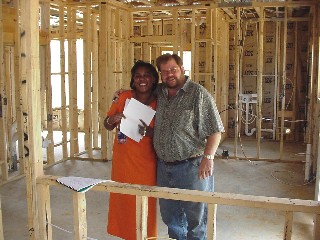
NACA:
The Neighborhood Assistance Corporation of America (“NACA”) is a non-profit, community advocacy and homeownership organization. NACA’s primary goal is to build strong, healthy neighborhoods in urban and rural areas nationwide through affordable homeownership.
NACA has made the dream of home ownership a reality for thousands of working people by counseling them honestly and effectively, enabling even those with poor credit to purchase a home or refinance a predatory loan with far better terms than those provided even in the prime market.
The NACA homeownership program is one answer to the huge subprime and predatory lending industry. NACA has conclusively shown that when working people get the benefit of a prime rate loan, they can resolve their financial problems, make their mortgage payments and become prime borrowers. NACA’s track record of helping people who have credit problems become homeowners or refinance out of a predatory loan debunks the myth that high rates and fees are necessary to compensate for their “credit risk.”
NACA has access to billions of dollars of mortgage funds for primarily low- and moderate-income people and people purchasing in low to moderate-income communities.
Eligibility and Program Details:
Purchase and Rehab loans
DOWN PAYMENT: None
CLOSING COSTS: None (paid by lender)
INTEREST RATE: One percent below the prime market rate
Current Interest rate: 30 year fixed (as of )
BUY-DOWN: Funds to Permanently Reduce Interest Rate
One percent of mortgage amount reduces interest rate by one quarter of a percent (.25%). This is a tremendous added benefit.
APPLICATION FEE: None (paid by lender)
POINTS & FEES: None (paid by lender)
Lender Grants: Lenders with NACA provide a grant for low and moderate income (“LMI”) homebuyers and those purchasing in LMI communities that matches a down payment with funds for an additional buy-down. You must become a member, attend Home Counseling sessions and the property must be located in a NACA, Urban Designated Housing area to utilize this program. You lso must use a NACA approved lender and Realtor / Broker.
CREDIT HISTORY:
Perfect Credit Not Required
Member’s personal payment history evaluated without consideration of his/her credit score.
P.M.I.: (Private Mortgage Insurance) None
Membership: (Neighborhood Stabilization Fund) None
OTHER TERMS: No yield spread premium; No pre-payment penalty; No balloon payment; No required credit life, or other unnecessary or overpriced insurance.

The Good Neighbor Next Door Program:
Law enforcement officers, pre-Kindergarten through 12th grade teachers and firefighters/emergency medical technicians can contribute to community revitalization while becoming homeowners through HUD’s Good Neighbor Next Door Sales Program. HUD offers a substantial incentive in the form of a discount of 50% from the list price of the home. In return you must commit to live in the property for 36 months as your sole residence.
How the Program Works:
Eligible Single Family homes located in revitalization areas are listed exclusively for sales through the Good Neighbor Next Door Sales program. Properties are available for purchase through the program for seven days.
How to Participate in The Good Neighbor Next Door Program:
Call a HUD- Approved Broker in North Carolina who will help you check the available listings for your state. Follow the instructions from your Realtor to submit your interest in purchasing a specific home. If more than one person submits on a single home a selection will be made by random lottery. You must meet the requirements for a law enforcement officer, teacher, firefighter or emergency medical technician and comply with HUD’s regulations for the program.
Eligibility Details:
This program is only available to Police Officers, Firefighters, EMT’s, and K-12 Teachers.
Those buyers can get a 50 percent discount off the HUD appraised value of a home in specially designated ares. For example, if HUD lists a home at $100,000, you can buy it for $50,000 provided, you occupy the home as your personal residence for the required occupancy period. If you qualify for any FHA-insured mortgage program, your down payment is only $100 and you may finance closing costs.
You must live in the home for 36 months after the purchase.
The program is available for those with cash or using Conventional, FHA, VA financing.
This program can be “stacked” and combined with FHA financing (even with 203 K or 203 B “Rehab” loans.
If the buyer uses and qualifies for FHA financing, they also might qualify for the “$100 Down Payment” plan. Call your Realtor to see what you qualify for and what is available on the market with this $100.00 Down Payment program (areas are limited).
HUD requires that you sign a second mortgage and note for the discount amount. No interest or payments are required on this “silent second” provided that you fulfill the three-year occupancy requirement.

CREDIT REPAIR COUNSELING COMPANY:
In need of credit repair? Our lenders like www.HOPE4USA.com. They are excellent and very price conscious compared to other similar companies. They are for-a fee service provider, but used by many major lenders for credit repair, and are very economical compared to other companies.
Here’s a FREE, informative guide for you from Hope 4 USA, so you can start taking steps to rebuild your credit score so you can purchase the home of your dreams:
http://www.hope4usa.com/free-credit-repair-toolkit
Ready To Start Searching For Your Next Home? See What’s Out There Today!
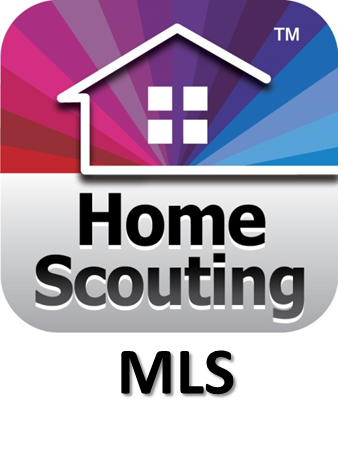
Start your FREE Home Search today by calling Kristen Haynes at new Home Buyers Brokers at 704-905-4062 or by downloading this new, FREE App on your Smartphone or Tablet!
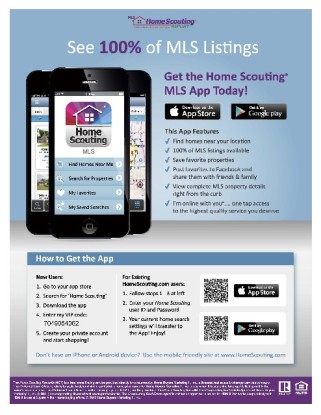
To Use This 100 % FREE, “Home Scouting” Home Search App:
- Go to your phone’s App Store and download the “Home Scouting” application.
- Enter VIP Code: 7049054062 (no dashes).
- Create your own anonymous User Name And Password- then you can use it to log in on a desktop, too! It’s that easy!
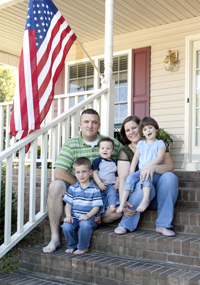
We are also MILITARY FRIENDLY and support our Armed Forces and Veterans!
Contact Us To See What Programs that YOU Qualify For! It’s 100 % Confidential- and it’s always 100 % FREE!
Call: New Home Buyers Brokers / Realty Pros, Realtors / Brokers in NC / SC: 704-905-4062 or Toll Free: 1-877-372-2252
Do you have further questions about what programs you qualify for? Call or email us, below:
Brought to you by:
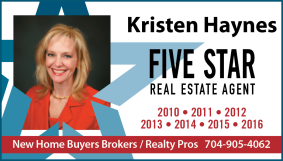


 Kristen Haynes, Broker In Charge, GC, Certified Military Residential Specialist
Kristen Haynes, Broker In Charge, GC, Certified Military Residential Specialist
Direct: 704-905-4062 or Toll Free: 1-877-372-2252
Email: khaynes@newhomesnc-sc.com
Web: www.NewHomesNC-SC.com
Copyright © 2016 New Home Buyers Brokers / Realty Pros
